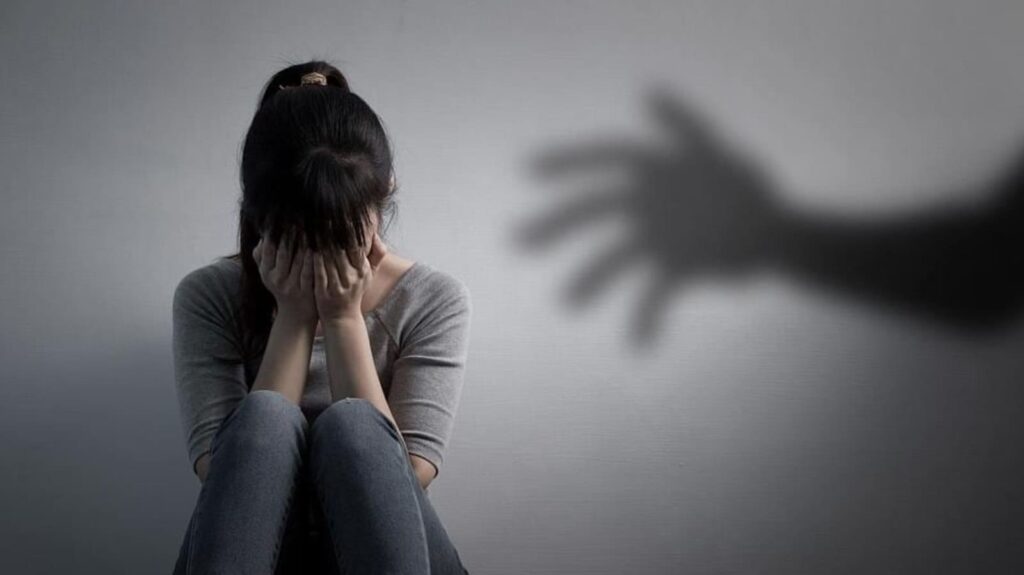What is Trauma?
The word ‘trauma’ comes from the Greek term for ‘wound’. Sometimes when people experience very frightening or distressing events they may be psychologically wounded.
Everyone’s reaction is different, but most people who experience a potentially traumatic event will recover well with the help of family and friends and will not experience any long-term problems
For others, this psychological wound might mean they have difficulty coping or functioning the way they used to. Symptoms may appear immediately after the event, or not at all. Sometimes, people will experience distress some time after the event.

What are traumatic events?
Traumatic events are powerful and upsetting incidents which have the potential to intrude into daily life. They are usually defined as experiences that are life threatening, or where there is a significant threat to a person’s physical or psychological wellbeing.
An event which may have little impact on one person, could cause severe distress in another individual. The impact that an event has may be related to the person’s mental and physical health, level of available support at the time of the event, and past experience and coping skills.
Situations and events that might lead a person to experience psychological trauma may include:
- Acts of violence such as an armed robbery, war or terrorism
- Natural disasters such as bushfire, earthquake or floods
- Interpersonal violence such as rape, child abuse, or suicide of a family member or friend
- Involvement in a serious motor vehicle or workplace accident.
In addition, some people may experience traumatic reactions to other, less severe but still stressful situations.
The impact an event has, may be related to mental and physical health, the level of available support at the time of the event, and past experience and coping skills.
Some symptoms that can occur as a result of trauma include:
- Intrusive and upsetting memories of the traumatic event
- Flashbacks, where it feels as though the event is happening again
- Nightmares
- Intense distress when reminded of the event
- Physical responses to reminders of the event (sweating, shaking, nausea, heart pounding)
- Avoiding any reminders of the trauma (activities, thoughts, places people)
- Feeling detached from others, emotionally “numb”
- Easily startled; “jumpy”; hypervigilant
- Irritable, prone to angry outbursts
- Difficulty concentrating
- Insomnia, or difficulty staying asleep
If you think you may be affected by a trauma, counselling may help you to manage the symptoms you may be experiencing. It can help you to learn new ways to cope with life, and to “make sense” of the trauma and how it has affected or changed your life.
What do I do if I would like to make an appointment?
Contact Life Unlimited on 02 6248 5138 or email info@lifeunlimited.com.au. You do not need a referral from a doctor to attend an appointment at Life Unlimited.
However, you may qualify for a referral under the “Better Access” scheme, which does require a referral from your GP. The referral will enable you to claim a Medicare rebate on your counselling fees, and “Better Access” currently provides up to ten rebated sessions per year. Some private health insurers may also provide rebates – please check with your fund.
